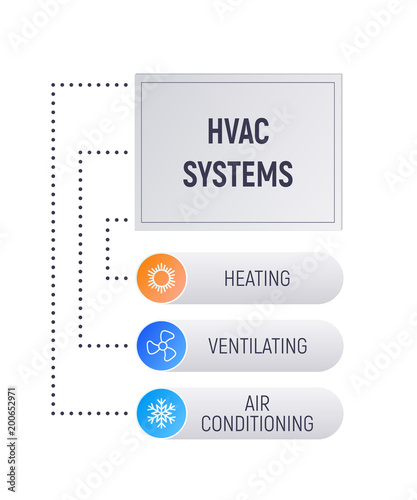Heatpump Vs Heating System - Which Is The Better Heating Option For Your Home?
Heatpump Vs Heating System - Which Is The Better Heating Option For Your Home?
Blog Article
Content Author-Hjelm Blackwell
Many home owners recognize with heaters, which warmth homes with oil or gas and press hot air through ductwork. They are fairly inexpensive and can give reliable home heating also throughout a winter season power failure.
Nonetheless, they use nonrenewable fuel sources and produce carbon monoxide and other air contamination. They additionally aren't as energy-efficient as a high-efficiency heatpump.
Price
Usually, heat pumps are much more cost effective to operate than heaters. They commonly make use of power and refrigerant to remove heat from outside air, and afterwards move it into your home. You can capitalize on less expensive electricity rates throughout off-peak hours to further decrease your home heating expenses.
Unlike heatpump, gas or wood-burning heaters make use of burning to produce heat, emitting flue gases into the environment that can be damaging to your wellness. These furnaces are also less energy-efficient than heat pumps, and their greater operating expense can build up gradually.
Heaters are extra difficult than heat pumps and need normal upkeep to ensure the appropriate feature of all components. Regardless of this, they often tend to last longer than heatpump with a regular life-span of twenty years or even more. Nonetheless, you'll need to factor in the expense of gas, fuel oil or wood and the extra tools needed for setup and operation such as ducts and ventilation systems.
Energy Effectiveness
Heatpump have a greater power performance rating than heating systems. These systems utilize electricity to feed on warmth from the air, also in freezing temperatures. They can likewise eliminate excess heat from the home throughout warmer months and recycle it to cool the system. Provider professionals can assist you determine the very best version for your home on climate and resource power prices.
Furnaces melt fuel oil, gas, natural gas or various other types of fossil fuel to heat up the air in the home. This air is then spread with ductwork using a huge fan. Heaters produce greenhouse gases and require normal upkeep and equipment upgrades to make sure safe operation.
The most significant advantage of a furnace is that it can be operated also in rough winter months conditions due to the fact that it does not depend on exterior temperatures to warm up the air. Heating systems additionally have a longer lifespan than heatpump and usually last 15 years. They can likewise be coupled with dual fuel alternatives, which select the most reliable home heating option based on the weather condition.
Environment
Heat pumps work well in moderate climates and utilize less resource energy than furnaces. Nonetheless, if your region is extremely cold, you might need to buy a basic gas furnace rather.
Heaters give cozy, relaxing warmth and commonly provide quick home heating to elevate interior temperature levels. These systems can be utilized with a variety of fuel kinds, consisting of natural gas, gas, oil or electrical energy.
They take in a lot more energy than heatpump-- as much as 3x as much-- and call for ductwork that's pricey to set up or retrofit. They're additionally a lot more costly to keep, as they can trigger air quality issues and produce greenhouse gas discharges.
If you're committed to reducing your carbon impact, a heatpump is an excellent option for your home. They have fewer greenhouse gas discharges than furnaces, especially if you choose a power STAR ® heatpump. Your local Carrier professional can clarify the distinctions in between these 2 furnace and help you make the very best decision for your unique needs.
Individual Preferences
Heaters can be really energy reliable when powered by natural gas, propane or oil, however they aren't as energy effective as heatpump in icy climates. https://www.cnet.com/home/services/everything-you-need-to-do-to-your-new-home-before-you-move-in/ can also be much more expensive to set up, requiring gas lines and ventilation systems.
However, heaters have a tendency to require much less maintenance, which can result in reduced ongoing costs. They generate less greenhouse gases and are more trustworthy than heat pumps throughout severe climate.
Electric heat pumps are more versatile in producing interior comfort due to the fact that they can likewise act as ac system throughout warmer months. They can be more convenient to maintain, calling for only routine air filter changes and periodic vacuuming.
If you prefer the ease of a single system that does it all, take into consideration a crossbreed home heating option that pairs a heating system with an electrical heatpump. These systems can instantly switch over in between the two heating alternatives based on your home's requirements and temperature conditions, optimizing effectiveness and cost savings.